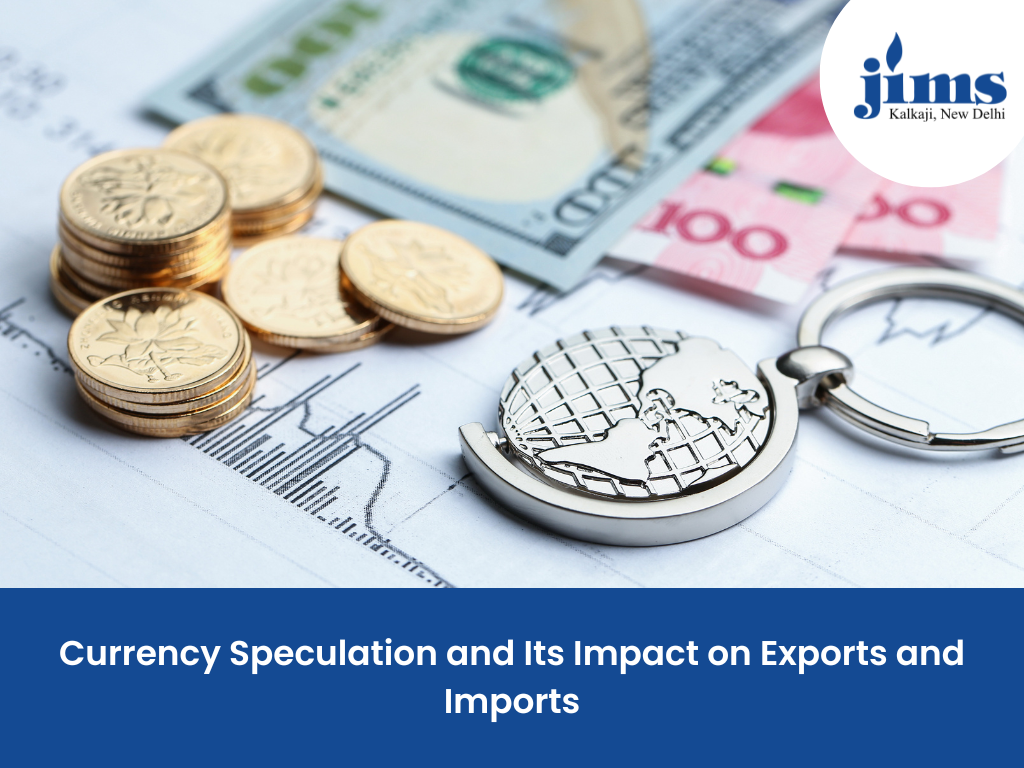What is Currency Speculation?
Currency speculation has been a topic of significant interest and debate in the world of finance for decades. This practice involves the buying and selling of foreign currencies with the aim of profiting from changes in exchange rates. While currency speculation can offer substantial returns for investors, it also has significant impacts on the global economy, including the trade of goods and services between countries. The impact of currency speculation on international trade is a complex issue that requires careful consideration. Exchange rate fluctuations resulting from currency speculation can have a profound impact on a country’s exports and imports, leading to trade imbalances and potentially destabilizing effects on the economy. The impact of currency speculation is particularly acute for developing countries that rely heavily on exports for economic growth and development.
As the global economy becomes increasingly interconnected, the impact of currency speculation on international trade has become more significant than ever. As such, it is crucial to understand the mechanisms of currency speculation, its impact on exports and imports, and the strategies that countries and businesses can employ to manage the risks associated with currency speculation.
In this blog, we will explore the impact of currency speculation on international trade, discuss the strategies for managing currency risk in international trade, and examine the implications of currency speculation on the global economy. We will also examine the role of currency speculation in shaping global economic trends and explore the factors that drive currency speculation. Currency speculation is the act of buying or selling foreign currencies with the goal of making a profit from changes in exchange rates. While currency speculation can be a lucrative endeavor for investors, it also has significant impacts on the global economy, including the trade of goods and services between countries. In this blog, we will explore the impact of currency speculation on exports and imports, and discuss strategies for managing currency risk in international trade.
First, let’s understand how currency speculation works. Speculators buy or sell currencies based on their expectations of future exchange rate movements. For example, if a speculator believes that the value of the US dollar will rise relative to the Euro, they may buy dollars and sell Euros. If the speculator’s prediction is correct, they can sell the dollars later for a profit. Alternatively, if the speculator believes that the value of the Euro will rise, they may buy Euros and sell dollars. Currency speculation has a significant impact on the value of currencies, which, in turn, affects the trade of goods and services between countries. The value of a country’s currency has a direct impact on its exports and imports. A weaker currency can make a country’s exports cheaper and more competitive in international markets, while making imports more expensive. Conversely, a stronger currency can make a country’s exports more expensive and less competitive, while making imports cheaper. When currency speculators engage in large-scale buying or selling of currencies, they can cause significant fluctuations in exchange rates. These fluctuations can have a significant impact on the competitiveness of a country’s exports and imports. For example, if currency speculators drive up the value of a country’s currency, it can make its exports less competitive in international markets, which can lead to a decline in exports and a trade deficit. On the other hand, if currency speculators drive down the value of a country’s currency, it can make its exports more competitive in international markets, which can lead to an increase in exports and a trade surplus.
The Impact of Currency Speculation on Exports and Imports
The impact of currency speculation on exports and imports can be particularly significant for developing countries. These countries often rely heavily on exports for economic growth and development. A decline in export competitiveness due to currency speculation can have a significant impact on these countries’ economies, leading to decreased foreign investment, reduced economic growth, and increased poverty. To manage the risks associated with currency speculation, countries can employ a variety of strategies. One common strategy is to implement capital controls, which limit the amount of capital that can enter or exit a country. Capital controls can help to reduce the volatility of exchange rates and protect a country’s economy from the negative impacts of currency speculation. Another strategy is to maintain a stable exchange rate through the use of a fixed or managed exchange rate system. This can help to reduce the impact of currency speculation on exports and imports by providing more predictability and stability in exchange rates.
In addition to these strategies, businesses engaged in international trade can take steps to manage their currency risk. One common strategy is to use financial instruments such as forwards, options, and futures contracts to hedge against fluctuations in exchange rates. These instruments allow businesses to lock in a specific exchange rate for future transactions, reducing the risk of currency fluctuations.
In conclusion, We at JIMS, Kalkaji believes that currency speculation has a significant impact on exports and imports, and can have a particularly significant impact on developing countries. While currency speculation can be a lucrative endeavour for investors, it can also lead to significant volatility in exchange rates, which can have negative impacts on trade and economic growth. To manage the risks associated with currency speculation, countries and businesses can employ a variety of strategies, including capital controls, fixed or managed exchange rate systems, and financial hedging instruments. By managing currency risk effectively, countries and businesses can help to mitigate the negative impacts of currency speculation on exports and imports.

